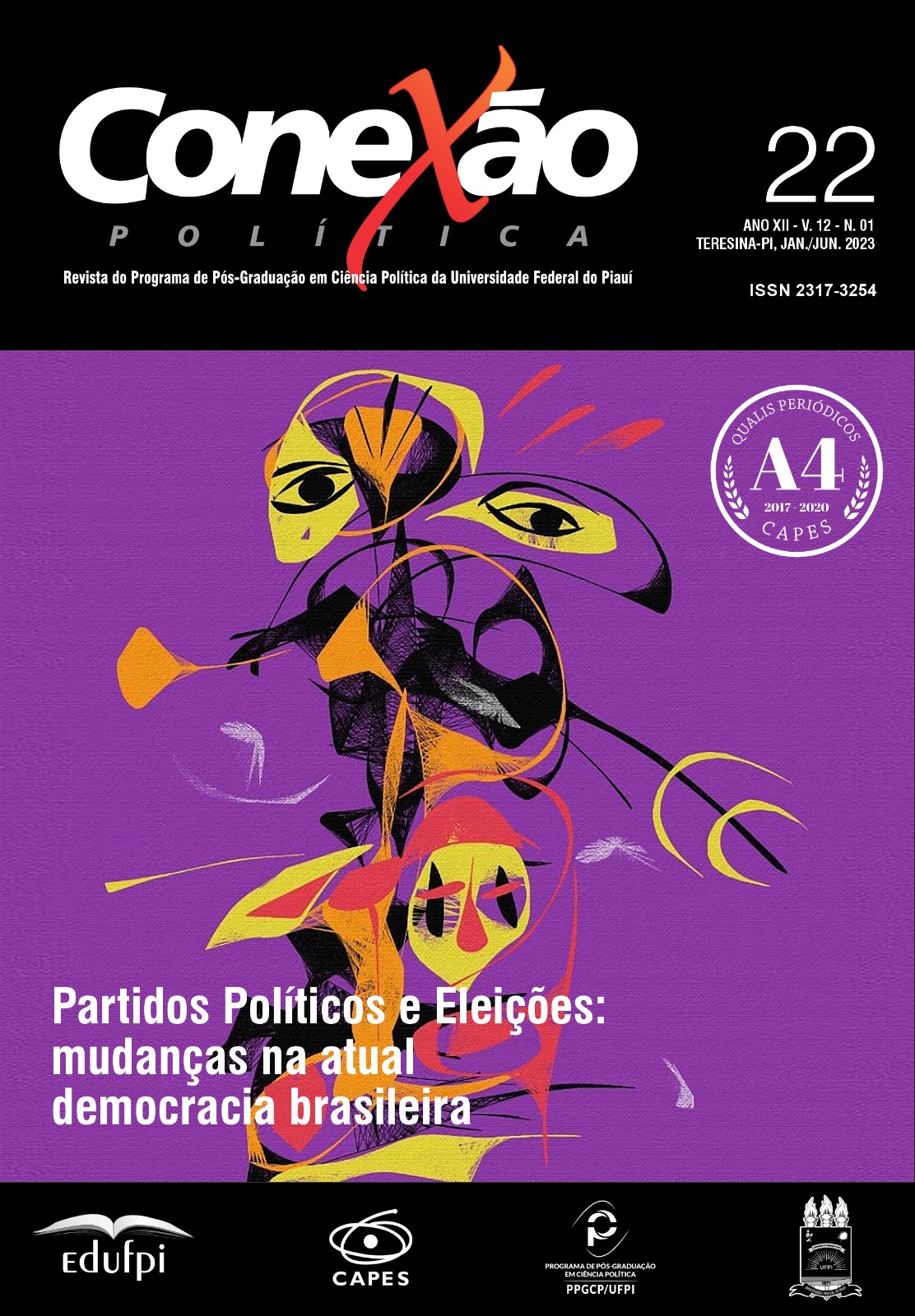MILITARY, POLITICAL PARTIES AND ELECTIONS
AN ANALYSIS ON THE BRAZILIAN ELECTIONS OF 2018, 2020 AND 2022
DOI:
https://doi.org/10.26694/2317-3254.rcp.v12i1.5625Keywords:
military, political parties, elections, military in politicsAbstract
The article analyzes the parties, their dimensions, and ideological profiles, through which the Brazilian military personnel ran for and were elected in the 2018, 2020, and 2022 elections. Initially, criteria are established to identifying military candidacies, the party categorizations used, and the legal frameworks that regulate the voting rights, party affiliation, and eligibility of the Brazilian military personnel. With these parameters defined, the participation of military personnel in the mentioned elections is examined. It was observed that military candidacies span, unevenly, virtually the entire party spectrum. During the analyzed elections, two combine processes were identified: the emergence of an increase in military prominence through elections, reaching its peak in 2018 but starting to decline in 2020, and the shift of military candidacies, especially successful ones, from small right-wing parties to major right-wing parties.Downloads
Published
2024-04-02
How to Cite
GIACOMIN DE DAVID, Eduardo; KRAUSE, Silvana; MUNHOZ SVARTMAN, Eduardo. MILITARY, POLITICAL PARTIES AND ELECTIONS: AN ANALYSIS ON THE BRAZILIAN ELECTIONS OF 2018, 2020 AND 2022. Conexão Política, [S. l.], v. 12, n. 1, p. 38–72, 2024. DOI: 10.26694/2317-3254.rcp.v12i1.5625. Disponível em: https://periodicos.ufpi.br/index.php/conexaopolitica/article/view/5625. Acesso em: 27 feb. 2026.




